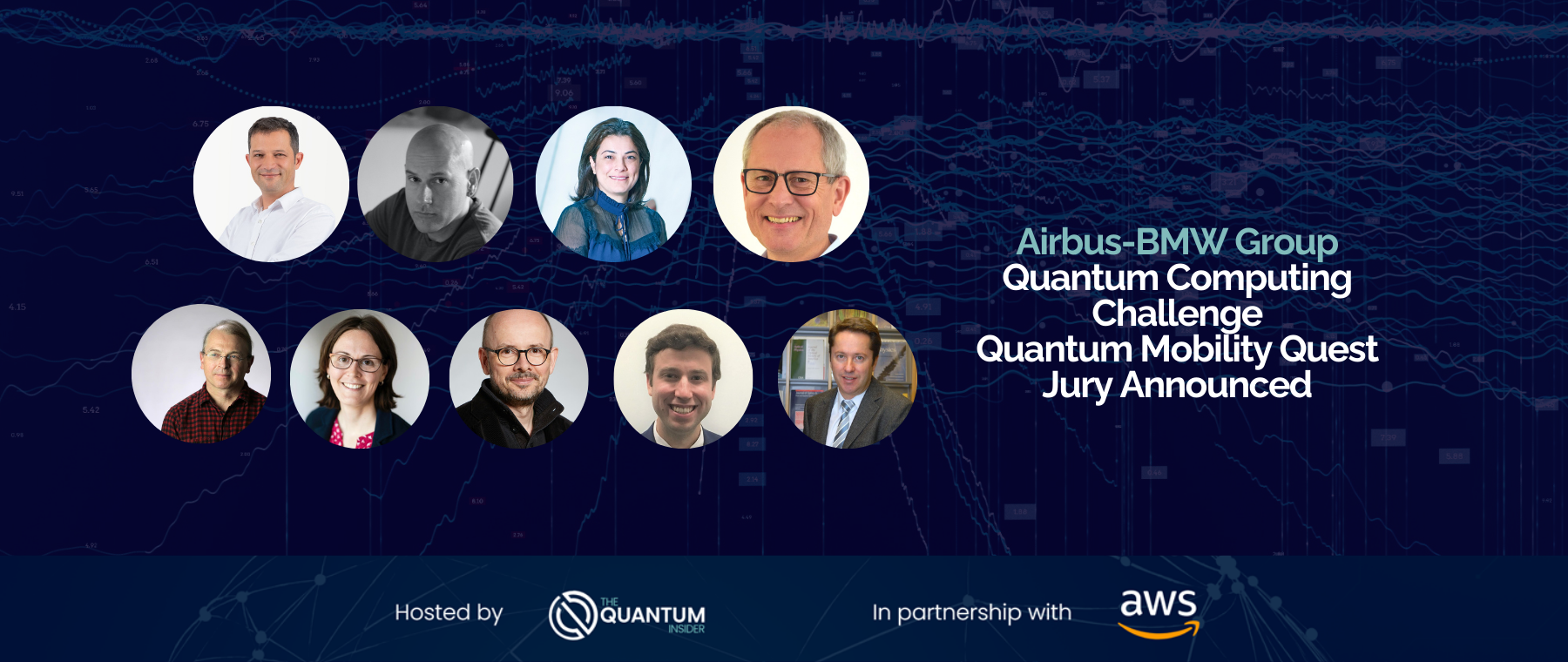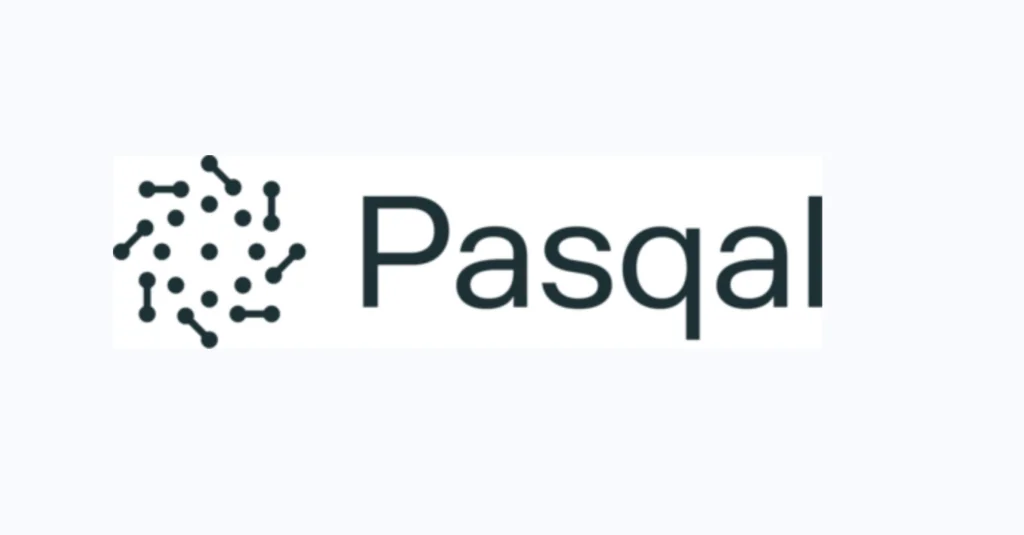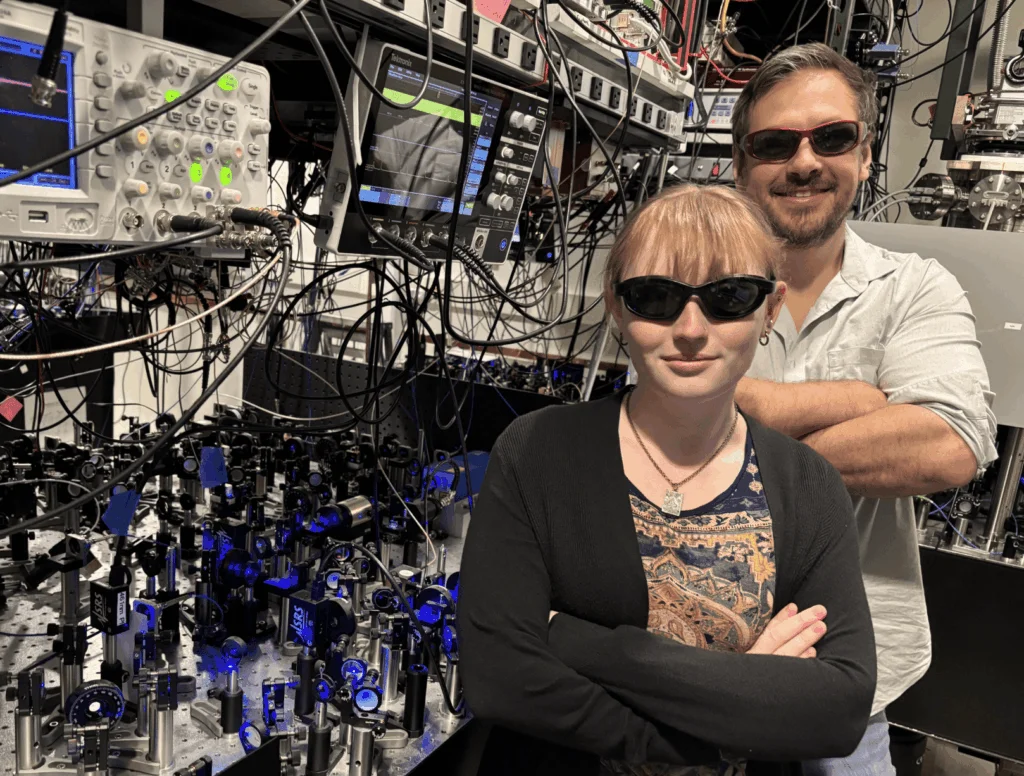Insider Brief
- Airbus and BMW Group unveiled the jury panel for “The Quantum Mobility Quest.”
- The jury is a blend of world-leading quantum experts, as well as professionals from Airbus, BMW Group and Amazon Web Services.
- The jury will evaluate proposals submitted by participants of the challenge that is addressing challenging issues in the aviation and automotive sectors that have been insurmountable for classical computing systems.
Airbus and BMW Group are proud to unveil the jury panel for “The Quantum Mobility Quest.” This first-of-its-kind global Quantum Computing Challenge is set to address some of the most challenging issues in the aviation and automotive sectors that have been insurmountable for classical computing systems.
This year, the challenge seeks to leverage quantum technologies to drive advancements in efficient, sustainable and safer transportation solutions. The jury, a blend of world-leading quantum experts, as well as professionals from Airbus, BMW Group, and Amazon Web Services (AWS), will evaluate the innovative proposals submitted by participants.
Mathieu Costes is a Partner at Airbus Ventures. Headquartered in Silicon Valley, with offices in Toulouse and Tokyo, Airbus Ventures is a fast-moving, early-stage venture capital company that independently funds and supports startups set to shift both the aerospace industry and our planetary system to a sustainable future. Airbus Ventures has helped aspiring innovators reach new dimensions of achievement since 2015.

Elham Kashefi, Professor of Computer Science and Personal Chair in quantum computing at the School of Informatics at the University of Edinburgh, has pioneered transdisciplinary research on the structure, behaviour and interactions of quantum technology, from formal and foundational aspects all the way to actual industrial use-case delivery. Kashefi’s research team innovates across a broad range of platforms with an integrated software research programme delivering impact in quantum computing and quantum networks in a certifiable way. She is a recipient of an EPSRC Early Career and back-to-back Established Career Fellowship awards, a recipient of the Les Margaret Intrapraneur prize (France, 2021), and an elected member of the Young Academy of Scotland (Royal Society of Edinburgh).
Helmut Katzgraber earned a diploma in physics from ETH Zurich, and his master’s degree and PhD in physics at the University of California Santa Cruz. After postdoc positions at the University of California Davis and ETH Zurich, he was awarded a Swiss National Science Foundation professorship. In 2009, he joined Texas A&M University as an assistant professor, receiving an NSF CAREER award in 2011. In 2015 he became a full professor before moving full time to industry in 2018. After two years leading quantum solutions as principal research manager at Microsoft, he joined Amazon Web Services in 2020 and is now the Global Practice Lead (Quantum) of the Amazon Quantum Solutions Lab. In 2021 he was elected Fellow of the American Physical Society for his contributions towards leveraging physics-based algorithms for industrial applications. Katzgraber has published extensively in the areas of computational physics, quantum computing, algorithms, optimization, and glassy systems.
Jonathan Legh-Smith is Executive Director for UKQuantum, the association for the UK’s quantum industry. With over 50 members, UKQuantum reflects the full breadth of the industry across all quantum technologies. Jonathan is also a member of the UK National Quantum Technologies Programme Strategic Advisory Board, the National Quantum Computing Centre Technical Advisory Group and NPL’s Quantum Metrology Institute Advisory Board. Jonathan has extensive experience as an R&D and Innovation Executive across policy, strategy and programme management. Previously, Jonathan was Principal, Scientific Affairs for BT, and led engagement with national research & innovation priorities including Quantum Technologies, Telecoms and Cyber-Physical Infrastructure. He directed BT’s Strategic Research for over 10 years and was BT’s Head of Standards.
Seth Lloyd is a professor of mechanical engineering at MIT. Lloyd’s research focuses on problems on information and complexity in the universe. He was the first person to develop a realizable model for quantum computation and is working with a variety of groups to construct and operate quantum computers and quantum communication systems. Lloyd has worked to establish fundamental physical limits to precision measurement and to develop algorithms for quantum computers for pattern recognition and machine learning. He is author of over three hundred scientific papers, and of `Programming the Universe,’ (Knopf, 2004).
Sandra Luber studied chemistry at the University of Erlangen-Nuremberg, Germany, and ETH Zurich, Switzerland, where she received the Master’s degree in 2007. She completed her PhD in (relativistic) quantum chemistry and theoretical spectroscopy at ETH Zurich in 2009. After a postdoctoral stay (2010) in the field of bioinformatics at the University of Basel, Switzerland, she joined Yale University, USA (2010-2011). After a stay in industry at BASF SE, Germany, she became project group leader at University of Zurich. The habilitation thesis was finished in 2016. Since 2017, she has been professor at University of Zurich. She has obtained various awards, among others, several as first female scientist/theoretician and her research deals with a broad range of computational methods in the field of chemistry, (bio-)physics, and materials science.
Markus Reiher has been a professor of theoretical chemistry at ETH Zurich since 2006. His research focuses on theoretical chemistry in the broadest sense and ranges from relativistic quantum chemistry to the development of new electron-correlation theories and smart algorithms for the autonomous and interactive exploration of complex chemical reaction networks. He applies machine learning as a glue to combine data from different physical models. For almost a decade he has a keen interest in quantum computing after his 2016 work with Microsoft Quantum on nitrogenase as the first real-world application for this new computing paradigm in the molecular and materials sciences.
Juan Ignacio Cirac Sasturain is a Spanish physicist, director of Max Planck Institute of Quantum Optics in Germany, and a Board Member of Telefonica S.A. He is an expert in quantum computing and communication. With his collaborators, he introduced the first theoretical proposals of quantum computing, simulation, and repeaters, and developed a theory of tensor networks. He studied theoretical physics and gained his PhD at the University Complutense of Madrid. He is the director of the International Max-Planck Research School on Quantum Science and Technology, co-speaker of the Munich Center for Quantum Science and Technology, and coordinates the consortium on theoretical quantum computing in the Munich Quantum Valley. For his work he has been awarded several prizes, among them the Prince of Asturias, the BBVA frontiers of knowledge, the Benjamin Franklin Medal, the Wolf Prize, and the Max-Planck Medal.
Scott Walbrun is a principal venture capital investor at BMW i Ventures, the independent venture capital fund managed on behalf of BMW Group based in Silicon Valley, where he focuses on Series A & B investments around the future of mobility, energy, robotics, and AI. In this capacity, Walbrun has served on the board of seven companies. He also serves as a mentor and workshop leader for hundreds of startups through various accelerator programs across North America. Prior to joining BMW i Ventures, Walbrun provided M&A and IPO advisory to leading technology companies as a member of Jefferies’ Technology Investment Banking team. Scott joined Jefferies after completing his MBA at the University of Chicago Booth School of Business. While completing his MBA, he worked at Kinzie Capital Partners evaluating private equity investments, as well as at the Polsky Center for Entrepreneurship and Innovation supporting the commercialization of science-based and deep tech companies.
Together, these jurors bring an unparalleled depth of knowledge and expertise in quantum computing and its applications. Their collective vision will guide the “Quantum Mobility Quest” to new horizons in quantum computing for aviation and automotive challenges.
The jury will team up with experts from Airbus, BMW Group, and AWS to evaluate submitted proposals and award one winning-team with a €30,000 prize in each of the five challenges, by the end of 2024.
Hosted by The Quantum Insider, the challenge is divided into two parts, a four-month phase where participants will develop a theoretical framework for one of the given statements, and a second phase during which selected finalists will implement and benchmark their solutions. Amazon Web Services (AWS) provides candidates with an opportunity to run their algorithms on their Amazon Braket quantum computing service.
For more information on the jury, please visit the “Quantum Mobility Quest.”
There’s still time to apply! Please visit the portal to register.
For more market insights, check out our latest quantum computing news here.















